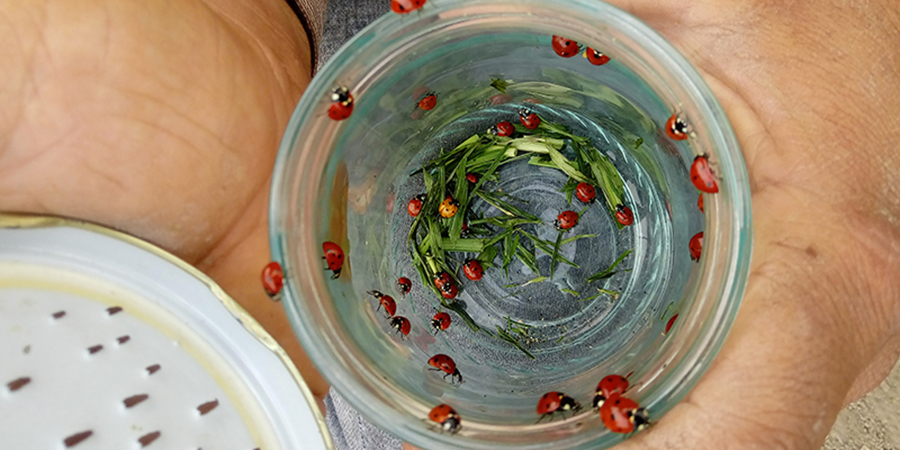
When we explore the world of agriculture, we frequently run across the age-old argument between biological and chemical agriculture. Understanding the distinctions between these two agricultural practices, their effects, and the course our agriculture should take to ensure a sustainable future is crucial for us as stewards of the land and its resources.
Understanding biological agriculture
For crop production and pest management, biological agriculture, commonly referred to as organic or bio-agricultural, relies on natural processes and biodiversity. It uses methods including crop rotation, composting, green manures, and biological pest management to maintain the ecosystem’s health.
According to a 2017 study in the journal Nature Plants, despite having slightly lower yields than conventional farms, organic farms are more profitable, offer greater environmental benefits, and deliver equally nutritious or more nutritious foods with fewer (or no) pesticide residues.
Problems with Chemical Agriculture
Contrarily, conventional farming or chemical agriculture rely on synthetic pesticides, fertilizers, and organisms that have undergone genetic modification. These improvements frequently result in large yields, but at a cost to the environment and perhaps even to human health.
A study by the United Nations Environment Programme (UNEP) claims that widespread water contamination, soil degradation, and biodiversity loss are the results of the extensive use of chemical fertilizers and pesticides. In turn, these circumstances have created what the UNEP refers to as “a vicious cycle of requiring more water and more chemicals to produce the same amount of food.”
Efficiency: Biological Agriculture Takes the Lead
It’s critical to include other measures, such as environmental effect, resource use, and long-term sustainability, in addition to yield when evaluating efficiency. These metrics show how effective biological farming is. According to a meta-analysis that was published in the year 2020 issue of the journal Nature Sustainability, organic farming methods provide yields that are typically 75–100% higher than conventional farming systems while using 34% less energy and emitting 29% fewer greenhouse gasses per unit of yield.
Future of Sustainable Agriculture
Given the harm caused by chemical agriculture and the advantages of biological farming, it is obvious that organic farming methods are the most sustainable. A shift to more biological farming methods can lessen pollution, preserve biodiversity, protect soil, and guarantee the wellbeing of farming communities.
Even the United Nations’ Food and Agriculture Organization (FAO) has begun to promote “agroecology,” a strategy that is quite similar to biological farming. They contend that agroecology can aid in the development of sustainable food systems and the fight against climate change, two important objectives as we try to feed an expanding global population.